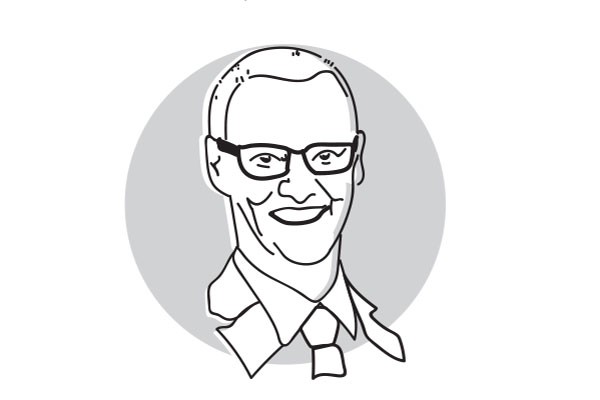Students looking for internships and graduate careers have it tougher than those a generation ago. For those searching in a few years’ time, it may be tougher still.
The prospect of automation replacing human labour and human thinking power has the potential to significantly alter our current way of life. The more disruptive prospect is the replacement of our mental efforts.
In combination, the replacement of both mental and physical human labour may leave us not only unemployed, but also unemployable.
Bit by bit, we are being replaced already. Law clerks are no longer employed in the numbers they once were. The ‘discovery’ job of reading hundreds of papers including prior cases, contracts and correspondence to locate and highlight nuances relevant to understanding a transaction has been outsourced to a computer searching keywords. Surgeons are doing pre-screening via a computer. Production lines are being taught by clever computer engineers to learn for themselves and ‘self-tweak’ so that technicians can be laid off.
Transportation related industry employs more people in the Western World than any other. The rise of self-driving technology predicts an end to that. While fully automated vehicles will not be allowed on the roads until their safety scores exceed human capability, the technology is rapidly maturing. Not only will the commercial adopters of self-driving technology be released from wages for their drivers, but insurance costs will drop too. Self-driven vehicles are already used in pit mines, but will eventually deliver across the supply chain, and be used for human transport.
Even simple service jobs are under threat as computers step up their game. For now, jobs with the human touch are valued, but even low paying service jobs are finding electronic replacement too.
For some time now there has been a ‘hollowing out’ of the middle class. Well-paying skilled jobs have been dropping in number. The world’s ultra-wealthy one percent continue to grab a greater share of the world’s resources, while the other 99 percent must fight their corner.
Society has exciting and challenging times ahead. I like to think that it will be Otago graduates that crack the code on how we best redistribute the wealth created by automation. Until then, to prosper in today’s world where jobs requiring human mental effort are being displaced, resilience, critical thinking, and adaptability are recognised as key.






